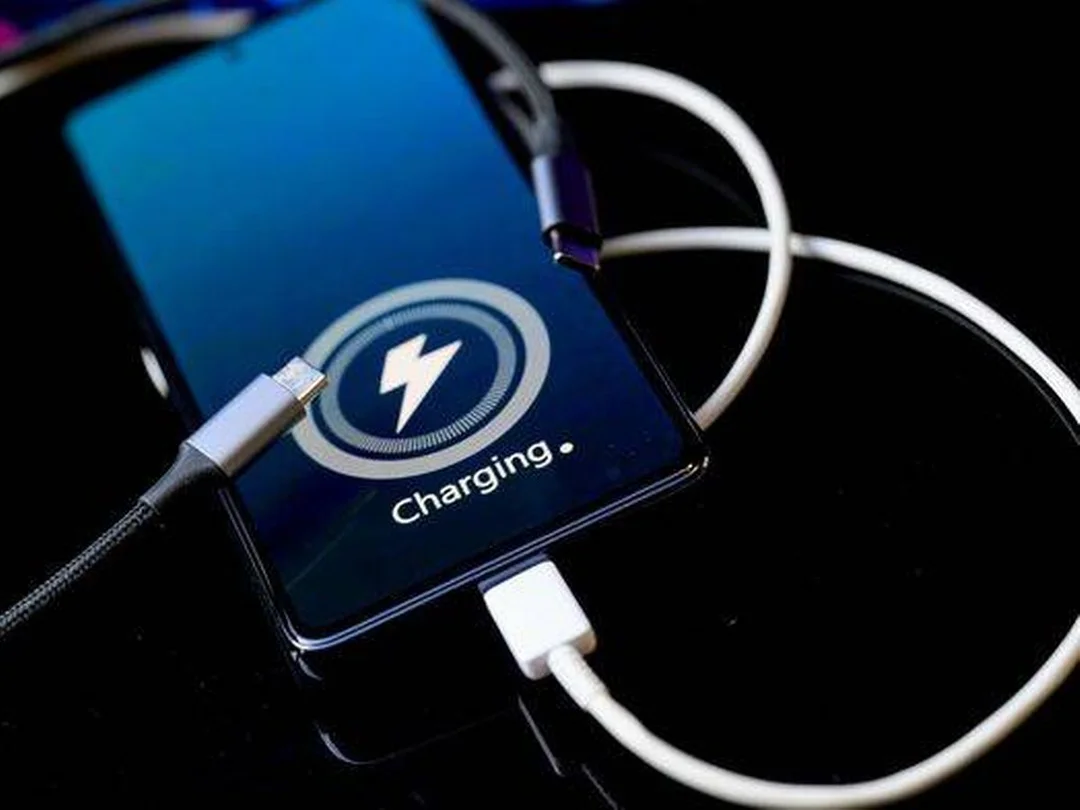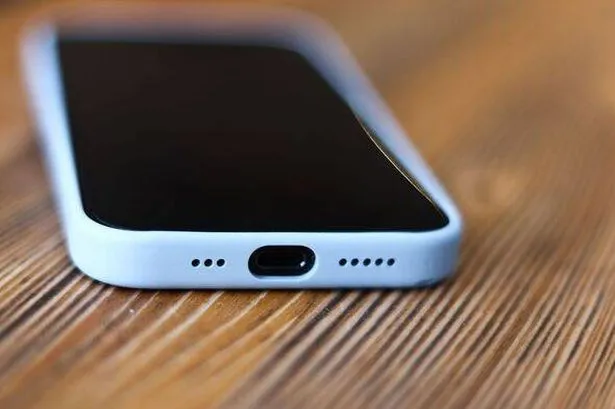
Are You Making These Dangerous Charging Mistakes? Experts Warn of Overheating and Fire Hazards
In our hyper-connected world, charging our devices has become as routine as brushing our teeth. But are you unknowingly making mistakes that could damage your devices or even create fire hazards? Experts are sounding the alarm on common charging habits that can lead to serious problems.
With the proliferation of smartphones, laptops, and other gadgets, it’s easy to take the charging process for granted. However, neglecting safety precautions can be costly. According to recent warnings, everything from using frayed cables to overcharging devices can have dire consequences.

One of the most common pitfalls is using damaged or frayed charging cables. Nick Barber, co-founder at Prepaid Electricity, emphasizes, "Frayed cables may cause electrical arcs, which increase the risk of electrical shock, overheating, or an electrical fire." Replacing worn cables promptly is crucial for safety.
Another widespread habit to reconsider is overnight charging. While modern devices often stop charging once full, Barber notes that "plugging them in every night puts the battery through constant heat and energy," potentially leading to gradual degradation.
Overloading outlets is another dangerous practice. Daniel Mock, Vice President of Operations at Mister Sparky, warns that it "can cause wires to overheat, leading to fire hazards." Distributing charging across multiple outlets is a safer alternative.
It’s also essential to pay attention to overheating. If a device feels unusually warm while charging, disconnect it immediately. Sergey Nikolin, President of Product Air Heating and Cooling, advises caution, noting that excessive heat could damage your electronics.
Experts strongly advise against using extension cords for long-term charging. Barber explains that they are "designed to be temporary," and using them daily, especially for high-draw devices like laptops, “raises the risk of overheating and fire.” A dedicated wall outlet or power strip is a better option.
The charger itself also matters. Avoid using non-brand cables and cheap knockoffs, which often lack crucial safety features like surge protection and voltage regulation. Sticking to manufacturer-recommended chargers is the most reliable approach.

Finally, be mindful of where you place charging devices. Never leave charging devices on soft surfaces like beds or couches, as fabrics can trap heat and cause overheating. Instead, place the device on a flat, stable surface to allow for better airflow.
By being aware of these potential pitfalls and making simple adjustments to your charging routines, you can significantly reduce the risk of device damage and fire hazards. Are there any charging habits you'll be changing after reading this? Share your thoughts and any other safe charging tips in the comments below!